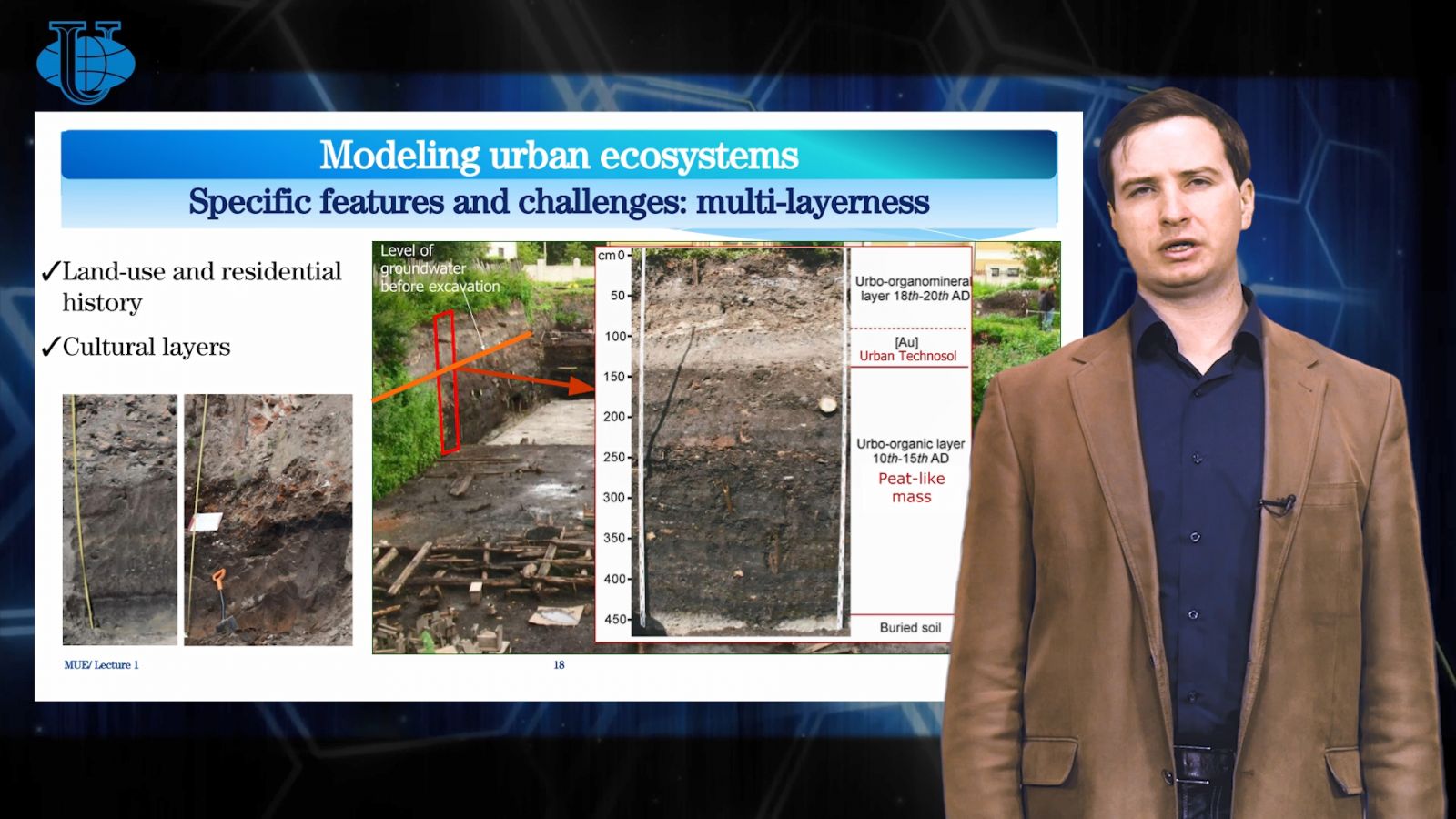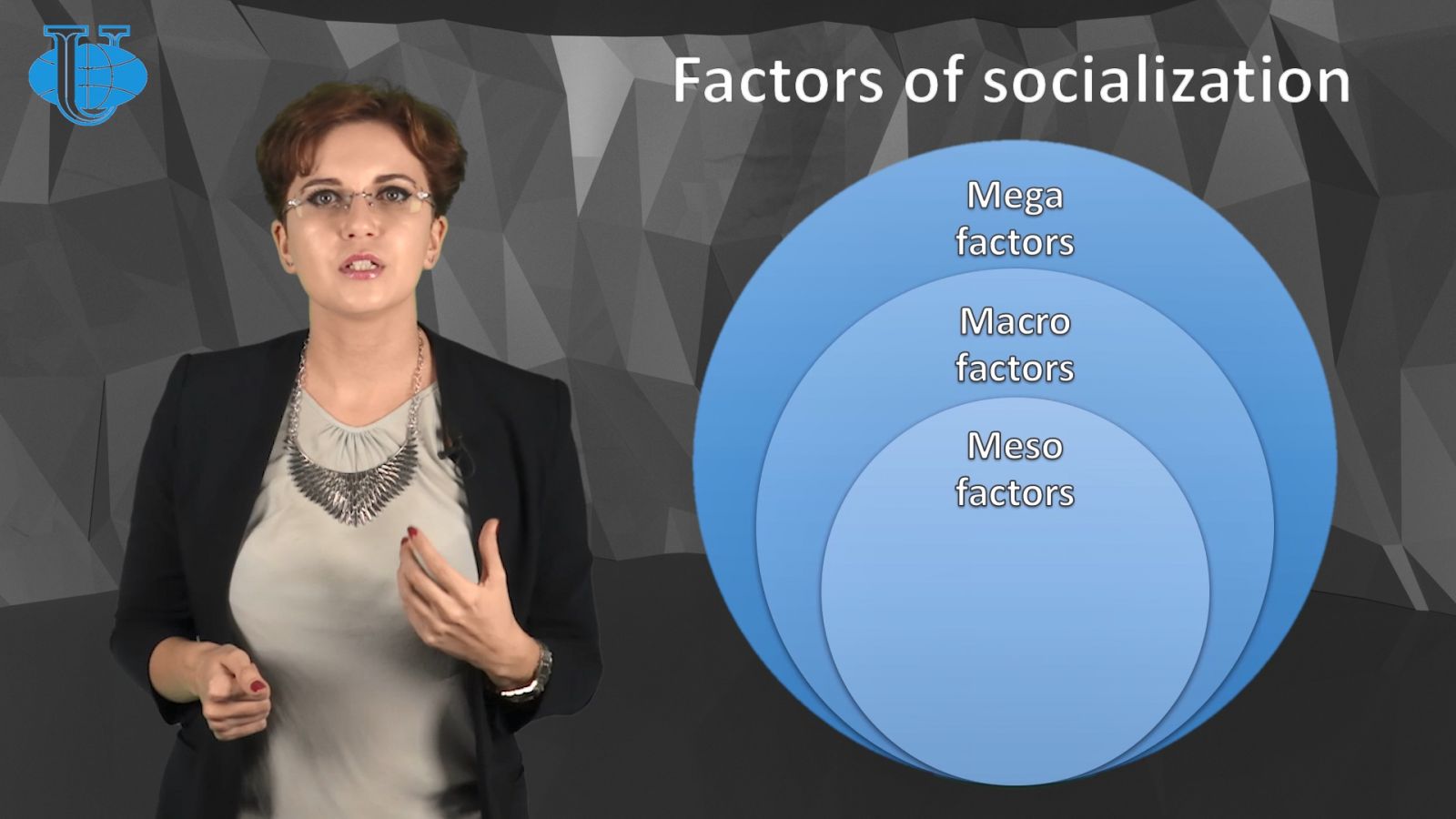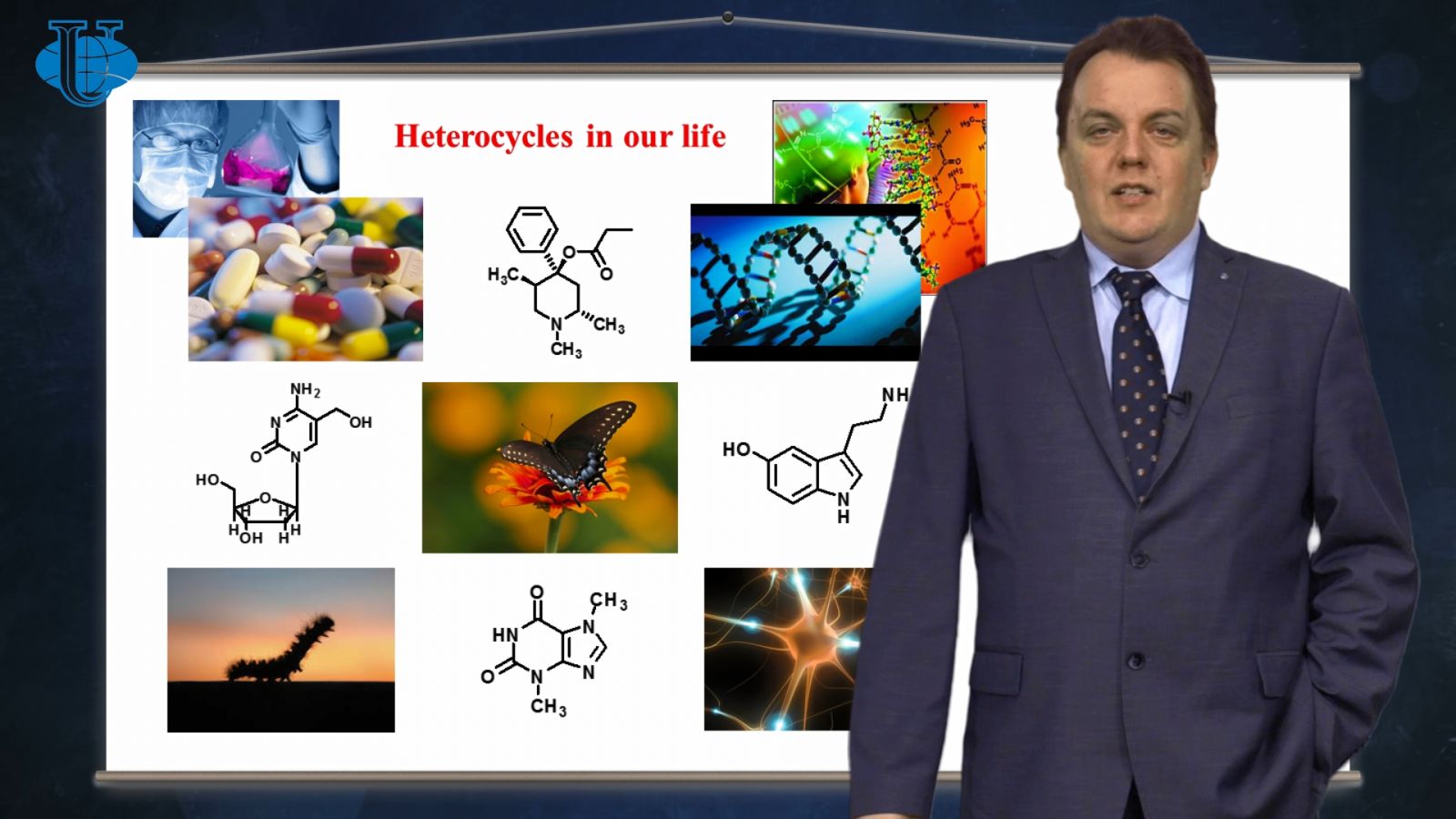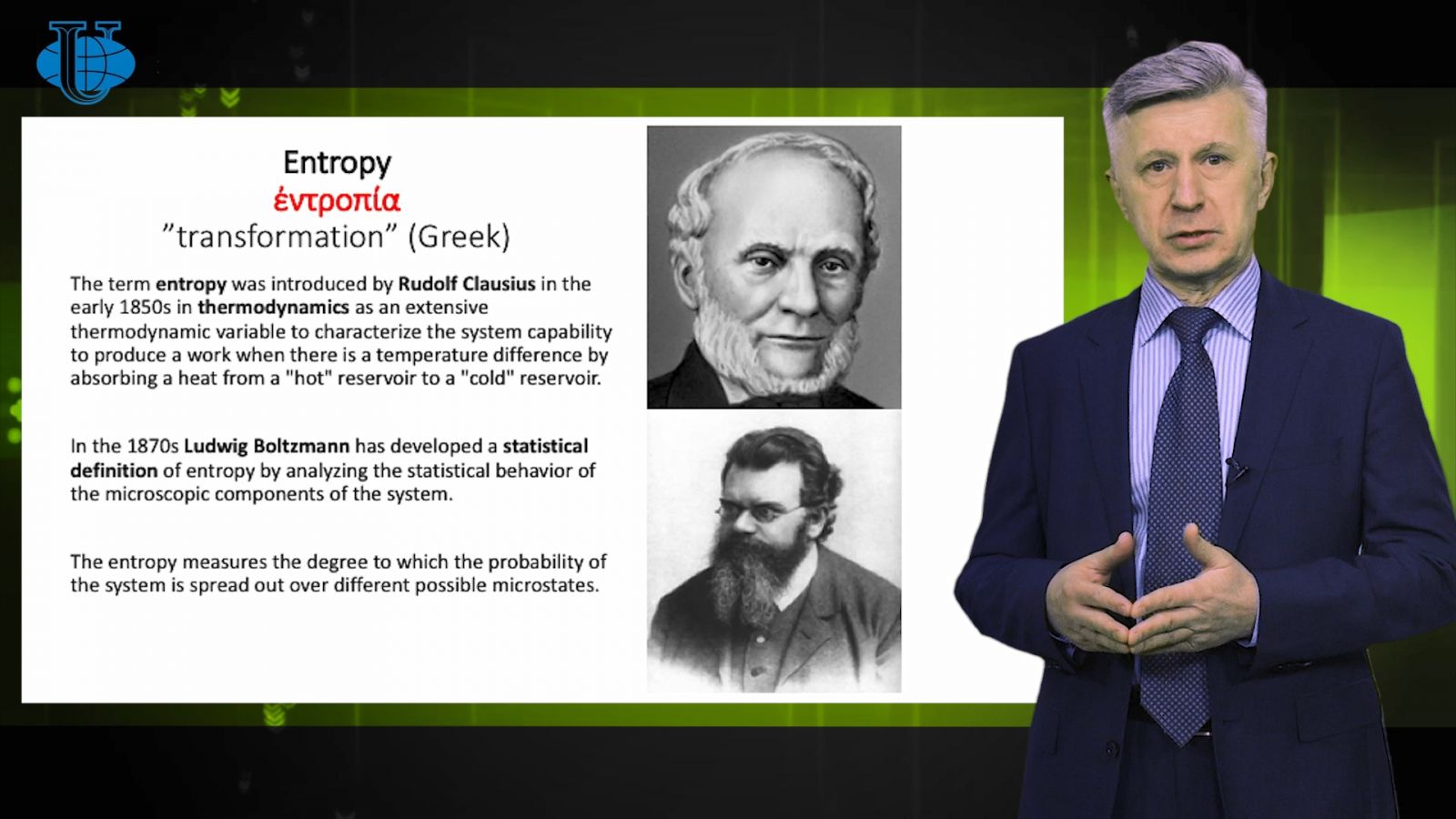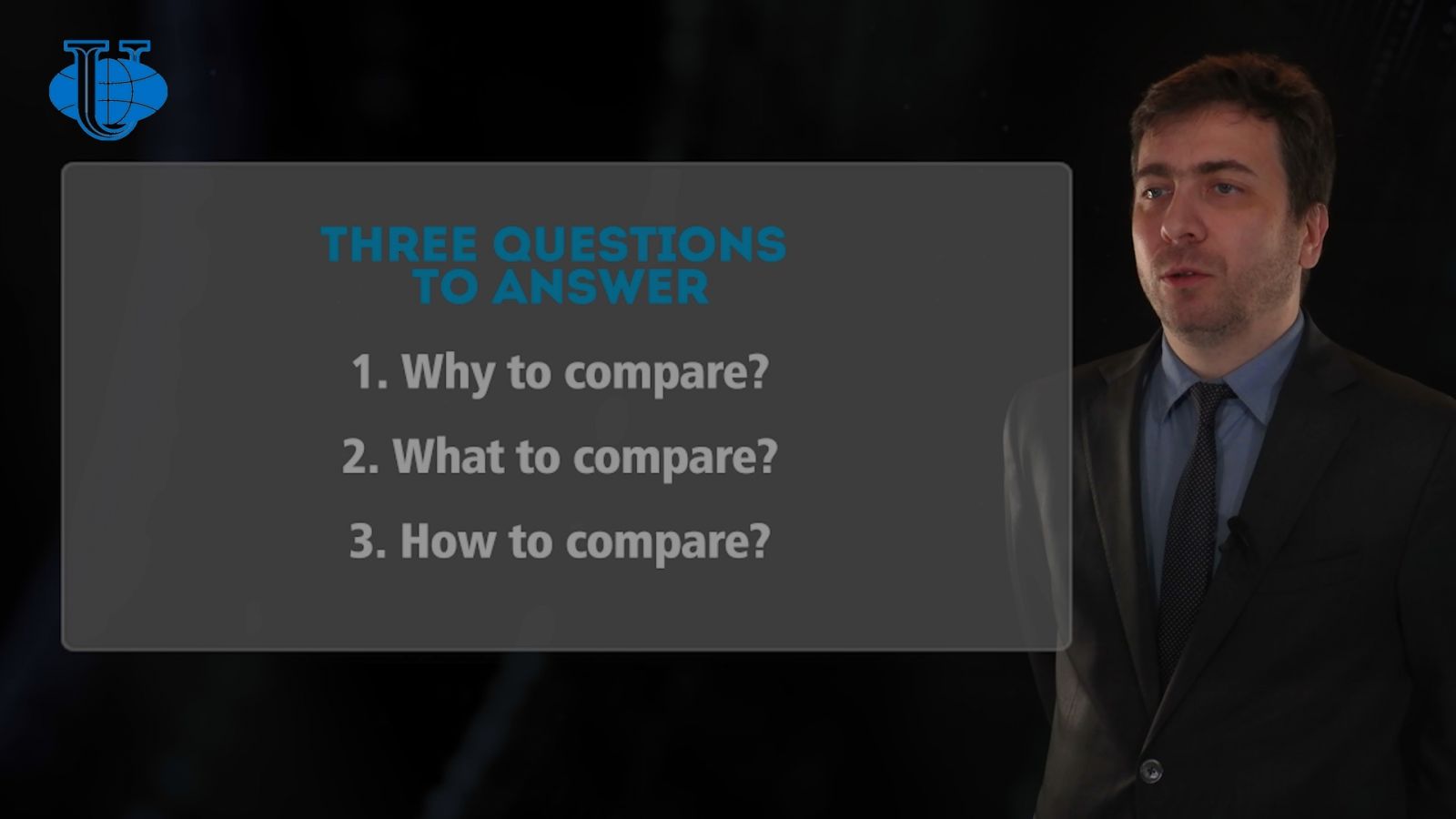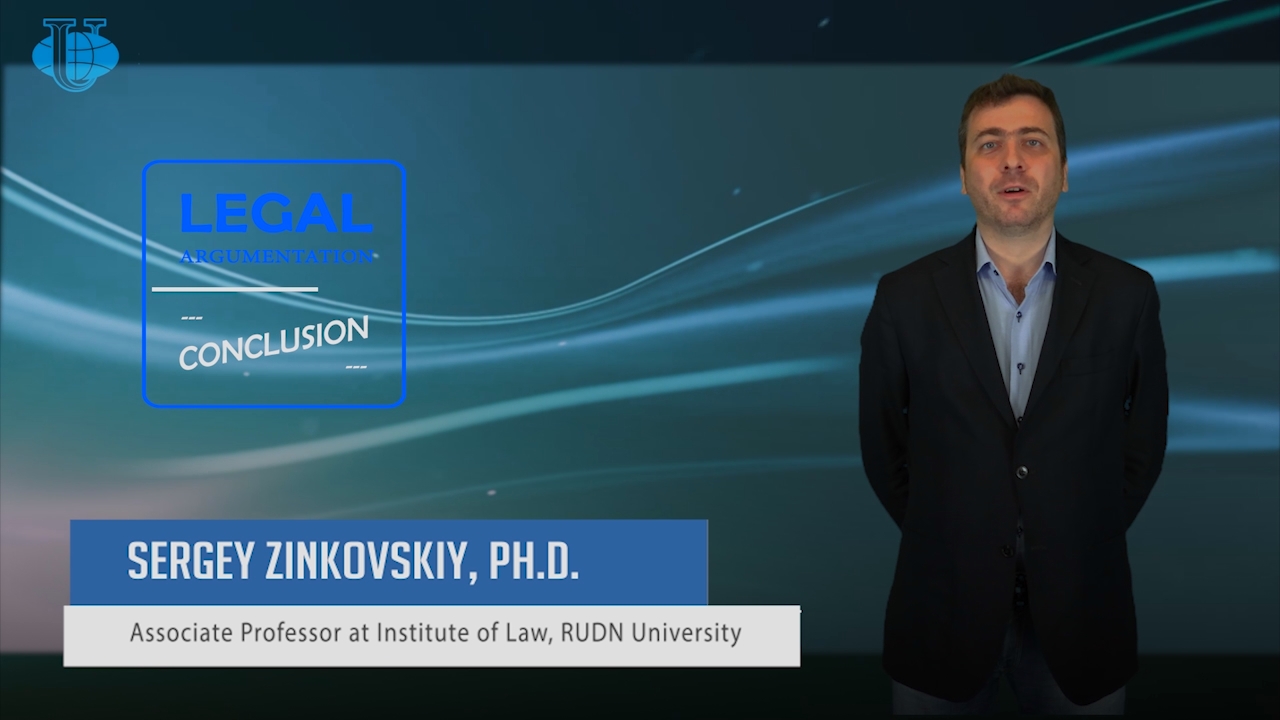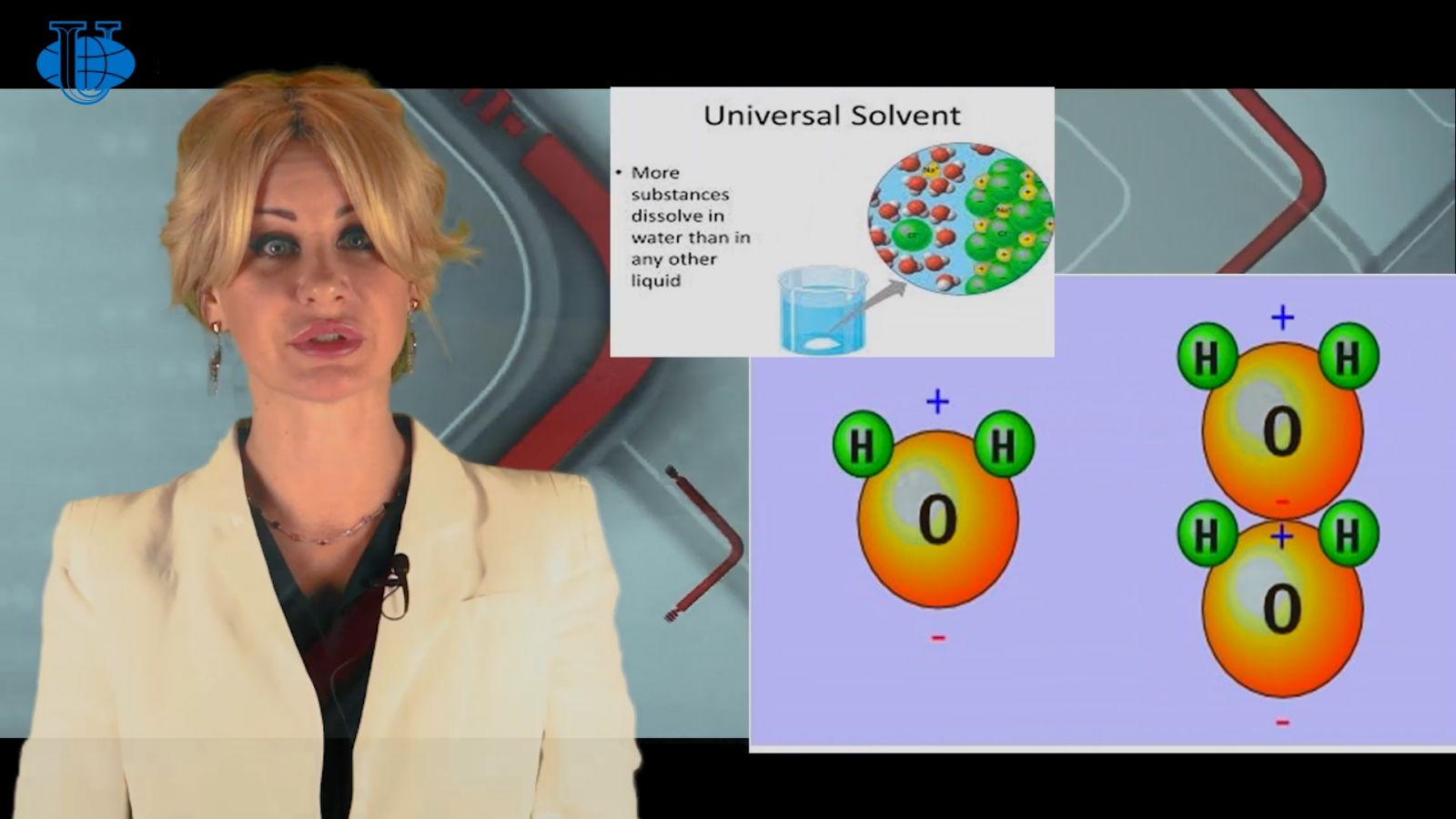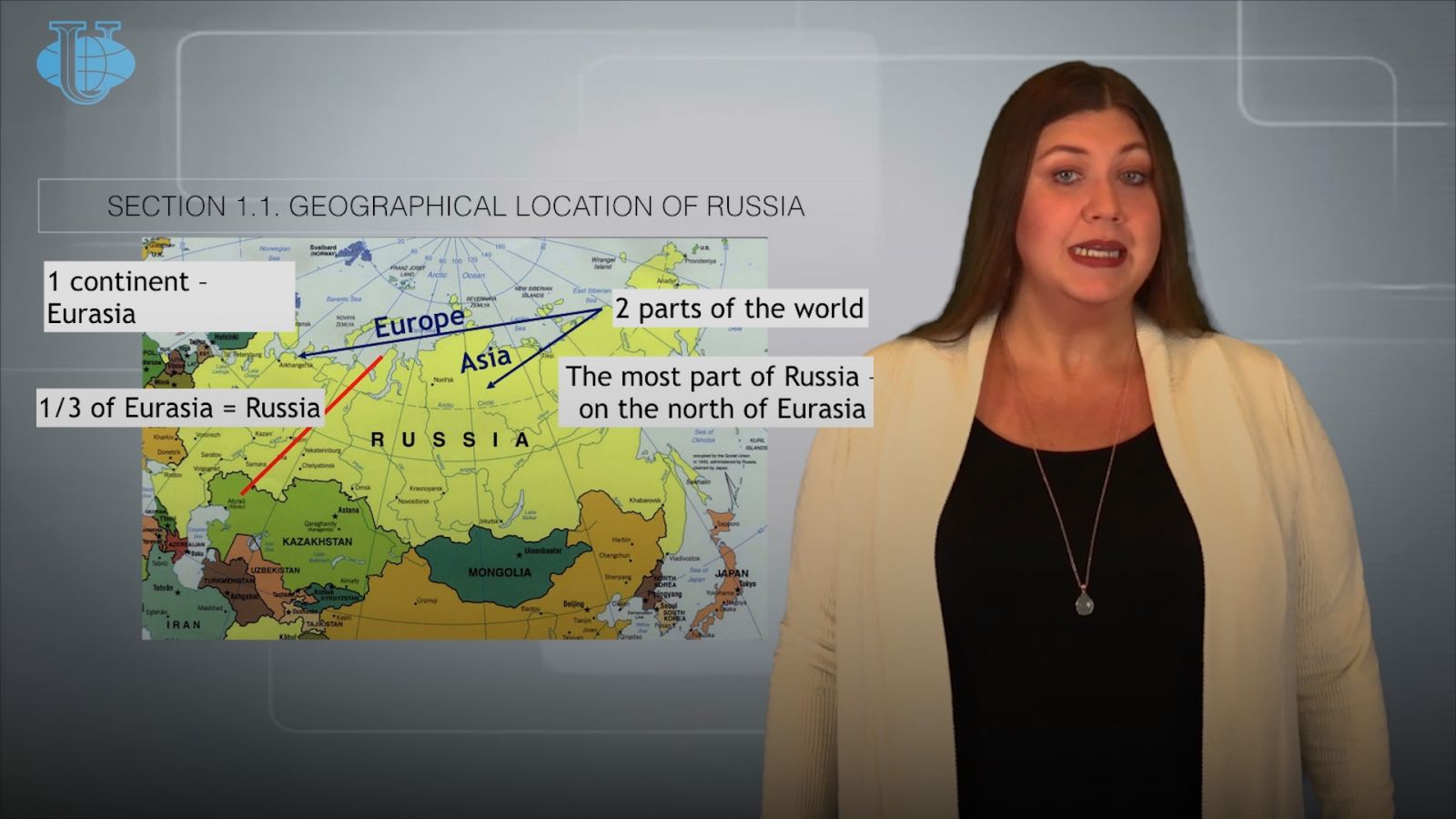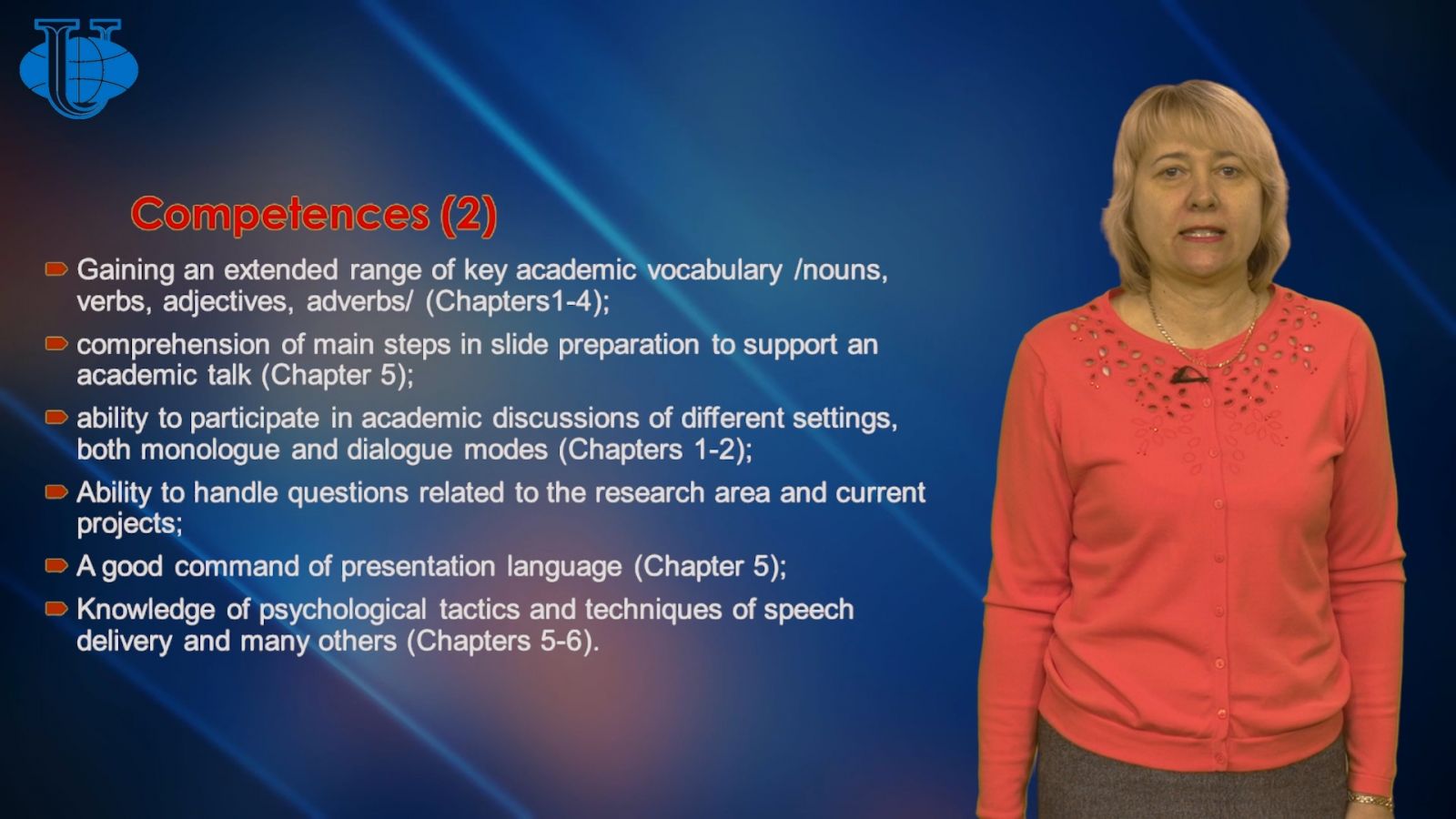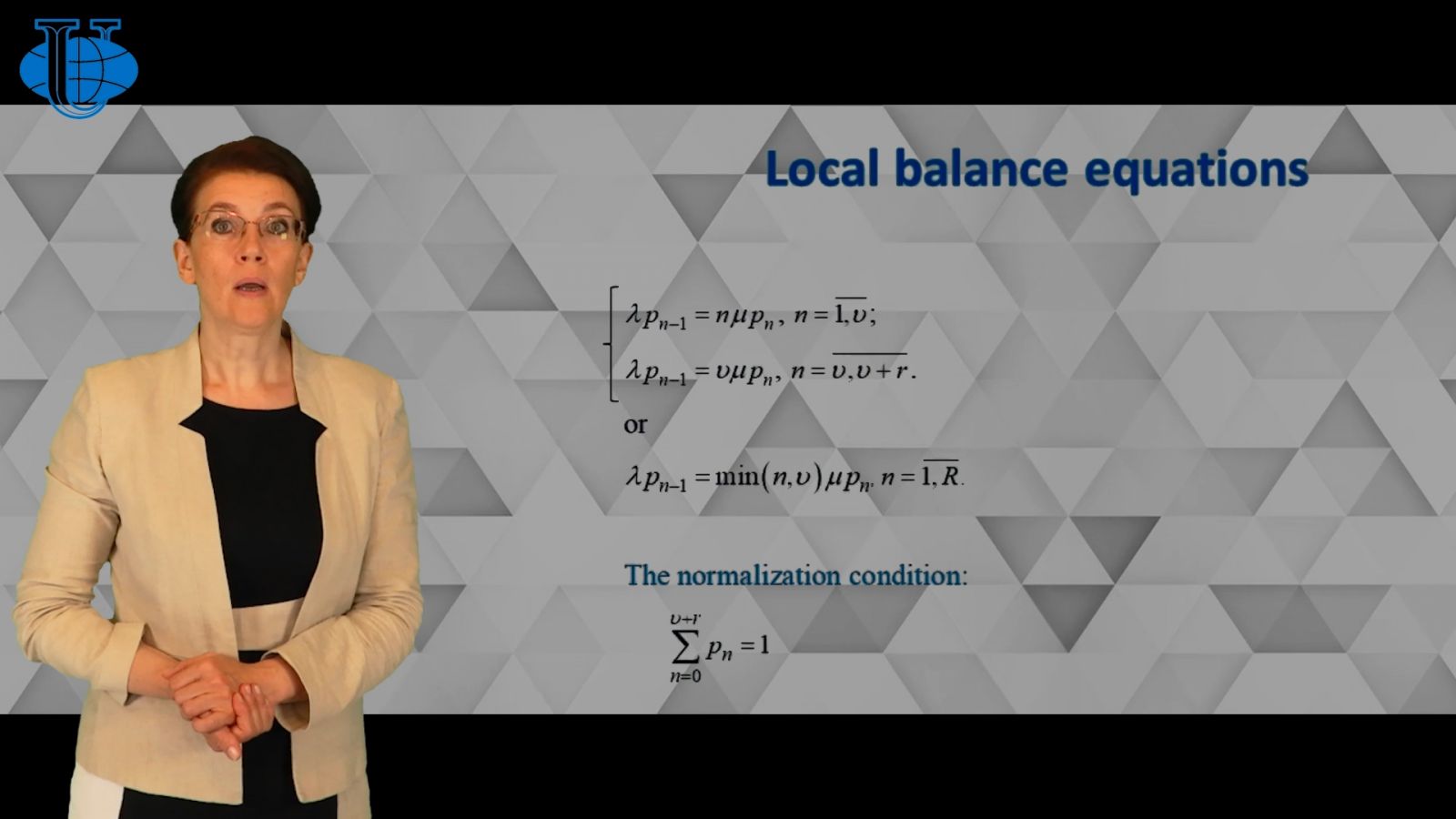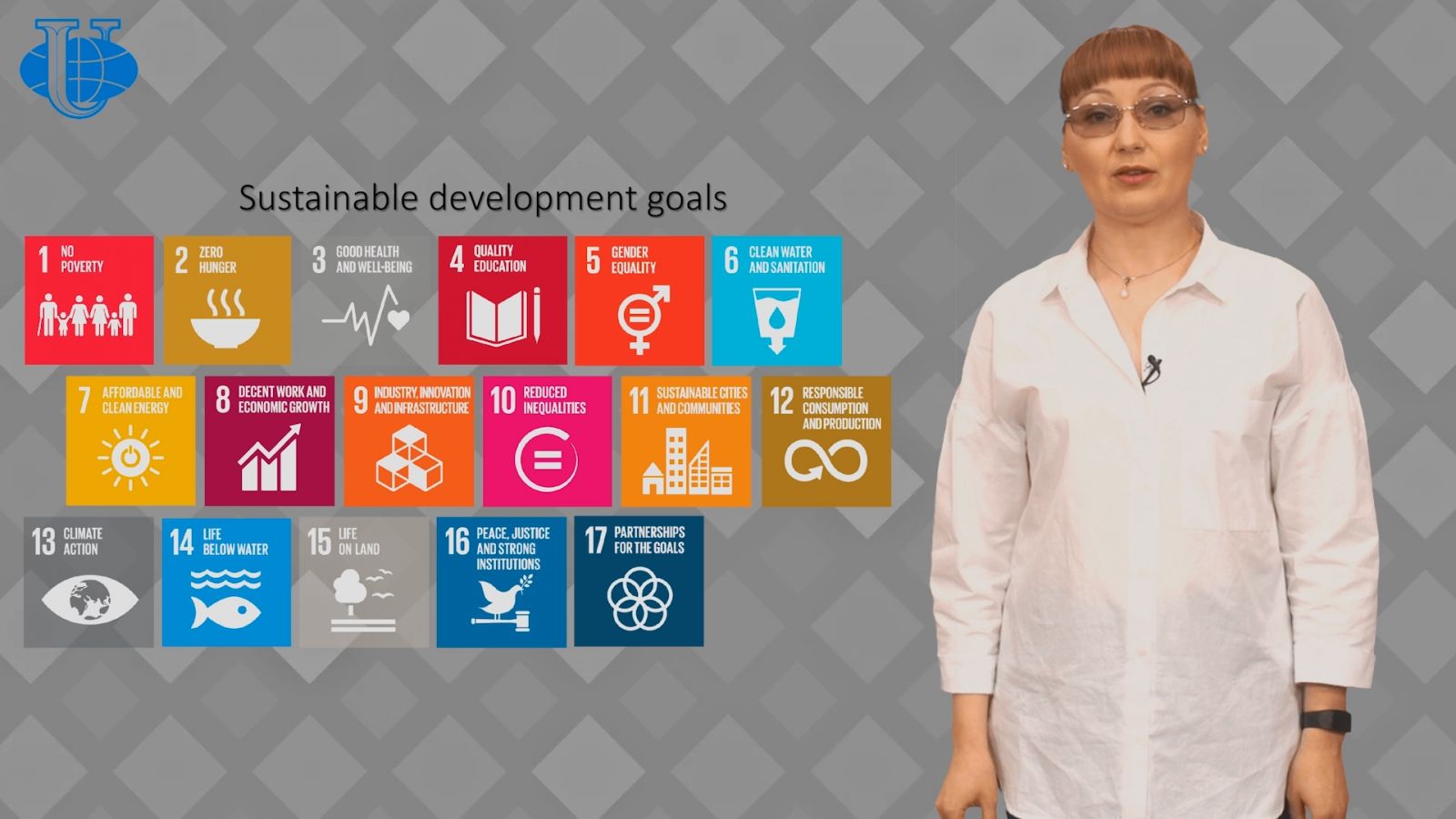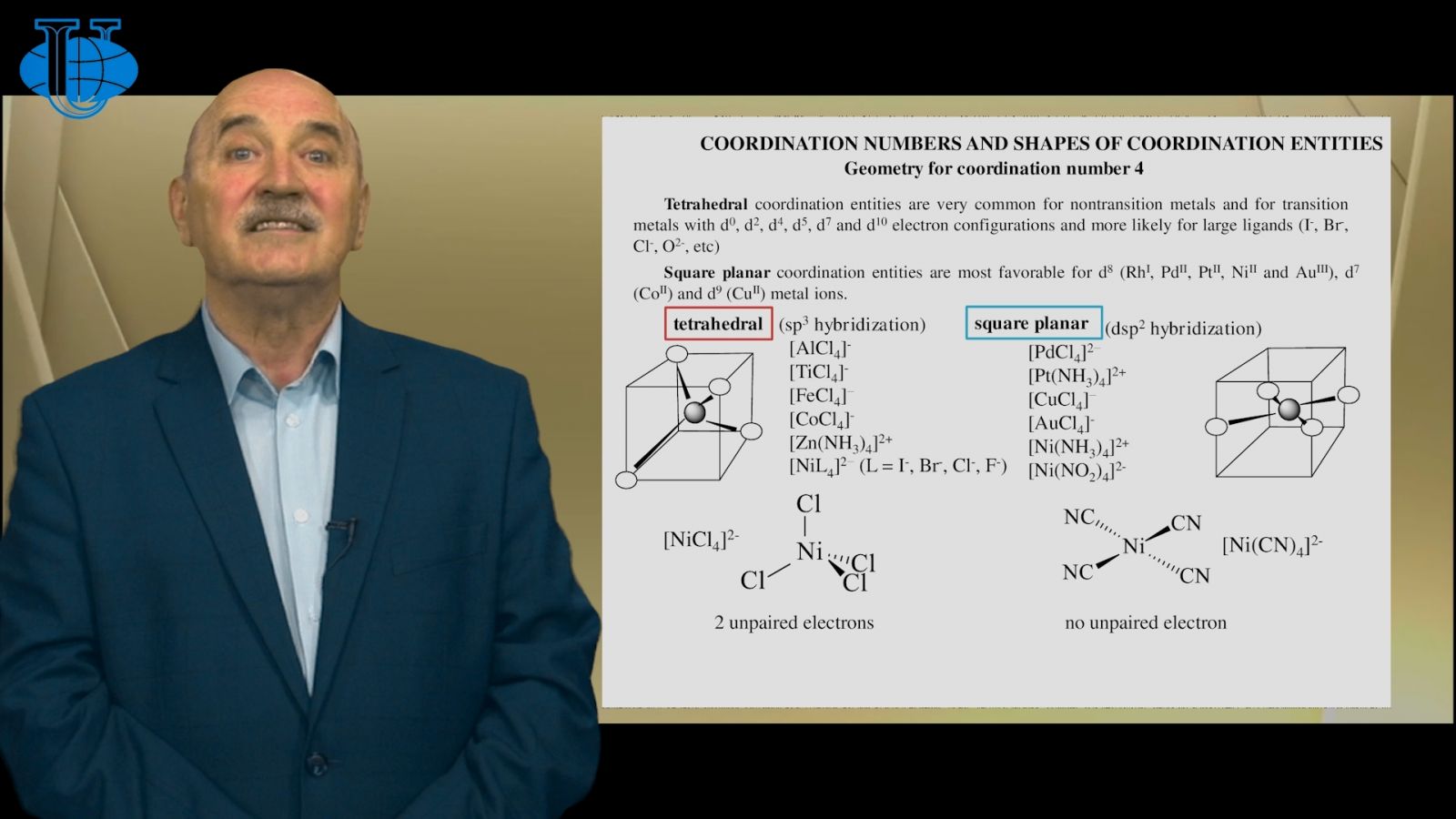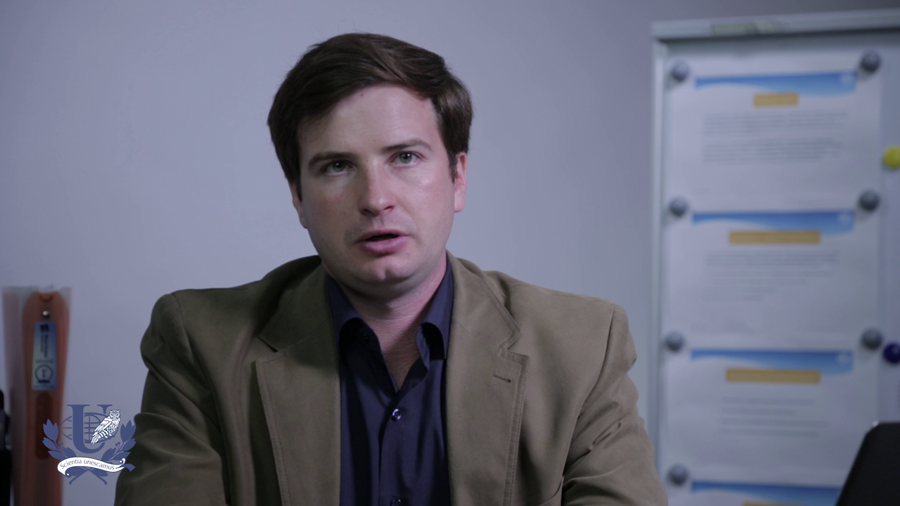MOOC or Мassive open online course
MOOC or massive open online course allows you to study from home or anywhere – no classrooms or lecture halls. All you need is some free time, Internet access and a desire to learn something new in the chosen field.
Mathematics or psychology, law or management - the choice is yours, and we will make the learning process convenient and interesting.
Modeling urban ecosystems
Subject Area: Urban Ecology
Number of lecture modules: 6
The course introduces students to the peculiarities of modeling the urban environment, taking into account the impact of the natural landscape on the city, as well as the consequences of human activities to transform the landscape. Do you dream of designing new urban areas in megacities, satellite cities, rebuilding existing areas or contributing to reducing the negative effects of the early stages of urbanization? This course will tell you how to do it.
Author: Vyacheslav Vasenev, Associate Professor, Department of Landscape design, Agrarian-Technological Institute.
Environmental psychology and globalization processes: factors, outcomes, solutions
Subject area: Psychology
Number of lecture modules: 6
Students learn about the psychology of the environment and environmental factors associated with the formation of personality and society, as well as the role globalization plays in changing personality and society from the point of view of psychology. The course is intended for those working with people in a situation of mobility, as well as in general for psychologists and social workers, administrators at various levels and those responsible for the social policy of the regions.
Author: Alexandra Vorobyeva - Associate Professor of the Department of Social Pedagogy of the Institute of Foreign Languages
Introduction into heterocyclic chemistry
Subject area:Chemistry
Number of lecture modules: 6
In a short time, students will become familiar with the chemistry of heterocyclic compounds to continue their studies in chemistry programs. The course will be especially useful for students doing interdisciplinary research in the field of medicine, industrial production of new synthetic materials, as well as agriculture.
Author: Leonid Voskresensky - Professor of the Department of Organic Chemistry of the Faculty of Science
Strategic management in the context of organizational evolution
Subject area: Management
Number of lecture modules: 6
At the course you will learn about the features of the development and evolution of organizations of various types, as well as the role in the specified process of the historical context and certain economic characteristics of the territory.
The course is of interest for territories in which the processes of development of organizations become independent from the state, the process of rapid development of the organization is underway, as well as for territories where most organizations enter the stage of stagnation and require a review of development strategies.
Author: Viktor Efremov - Head of the Department of Management at the Faculty of Economics
Comparing legal cultures
Subject area:Law
Number of lecture modules: 6
The course is aimed at students who have studied law, its categories, as well as legal culture, and who want to become more familiar with the peculiarities of various regional and national legal cultures in the comparative aspect. At the end of the course you will learn how to apply comparative and legal methods in your professional activity, to work with the main categories of comparative law, to predict ways for further progressive development of legal cultures.
Author: Sergey Zinkovsky - Associate Professor at the Department of Theory and History of State and Law at the Law Institute
Legal argumentation
Subject area:Law
Number of lecture modules: 6
Do you want to get acquainted with the features of legal argumentation and search for effective solutions in the field of law? Choose this course. It will be especially relevant for students whose professional activities are related to participation in court sessions, preparation of legal documents, provision of consulting services and other forms of legal activity.
Author: Sergey Zinkovsky - Associate Professor at the Department of Theory and History of State and Law at the Law Institute
Surface Water Pollution: Control and Modeling
Subject area: Ecology
Number of lecture modules: 6
Clean water is a very sensitive issue. This course will talk about the main standards for the control of surface waters, types of polluting agents and how to deal with them. The course participants will learn about modeling surface water pollution and how to prevent and eliminate it, taking into account water quality standards and pollution features.
Author: Anna Kurbatova - Associate Professor, Department of Environmental Monitoring and Forecasting, Faculty of Ecology
Russia and its Regions: Geography, Economy and Geopolitics
Subject area: Economics
Number of lecture modules: 6
The course “Russia and the Russian regions: geography, economy, geopolitics” allows in a short time to acquaint students with the peculiarities of the Russian Federation from the positions of the geopolitical, social and economic component. The course is especially relevant for students whose professional activities are related to interaction with Russian partners, primarily in the financial and economic sphere, as well as in a number of other areas.
Author: Alena Massarova - Assistant of the Department of Regional Economics and Geography, Faculty of Economics
English for academic and scientific purposes
Subject area: Language, Linguistics
Number of lecture modules: 6
How to use English when writing scientific papers? The course will give students an understanding of the basic principles of preparing English-language publications, how to choose the title of the article, review literature, prepare abstracts and article entry. It will also teach how to use basic academic constructions in oral speech in English, including the correct name of special characters, presentation of formulas, etc.
Author: Natalia Mekeko - Head of the Department of Foreign Languages, Faculty of Science
Mathematical teletraffic theory
Subject area: Computer Science
Number of lecture modules: 6
The course will acquaint students with the features of modeling telecommunication networks, as well as factors affecting their modernization, expansion and use. The course is especially relevant for students whose professional activities are related to the creation and maintenance of telecommunications networks, as well as development of software and equipment used for / during data transfer.
Author: Konstantin Samuilov - Head of the Department of Applied Informatics and Probability Theory, Faculty of Science
Environmental standards and norms for the sustainability
Subject area:Ecology
Number of lecture modules: 6
Ecology requires constant attention and control to keep it safe. This course will talk about the basic concepts, standards and norms of environmental safety in the region in the field of air, water and soil protection. The course is especially relevant for students whose professional activities are related to ensuring environmental safety, designing cities, building a strategy for the development of territories, designing industrial enterprises, developing agriculture, etc.
Author: Alexander Khaustov - Professor of the Department of Applied Ecology of the Faculty of Ecology
Introduction to the chemistry of coordination compounds
Subject area: Chemistry
Number of lecture modules: 6
You will get acquainted with the basic concepts of coordination compounds chemistry to further master other sections of chemistry.
The course will be useful for students and specialists who want to get acquainted with the latest version (as of 2018) of the nomenclature of coordination compounds.
Author: Viktor Khrustalev - Head of the Department of Inorganic Chemistry, Faculty of Science
Subject area: philosophy and sociology
Number of lecture modules: 4
The course focuses on scientific information gathering, as well as various types of scientific publications, including abstracts and presentations for scientific conferences, research and review papers. You will study all stages of scientific writing from reviewing literature for introduction to submission of documents. Sources of funding for basic and applied research are considered and practical recommendations are given on how to write a successful proposal for a grant.
The course is aimed at graduate students, researchers, project managers and experts involved in research and education.
Author: Vyacheslav Vasenev - Associate Professor at the Department of Agrobiotechnologies at RUDN Agrarian Technological Institute
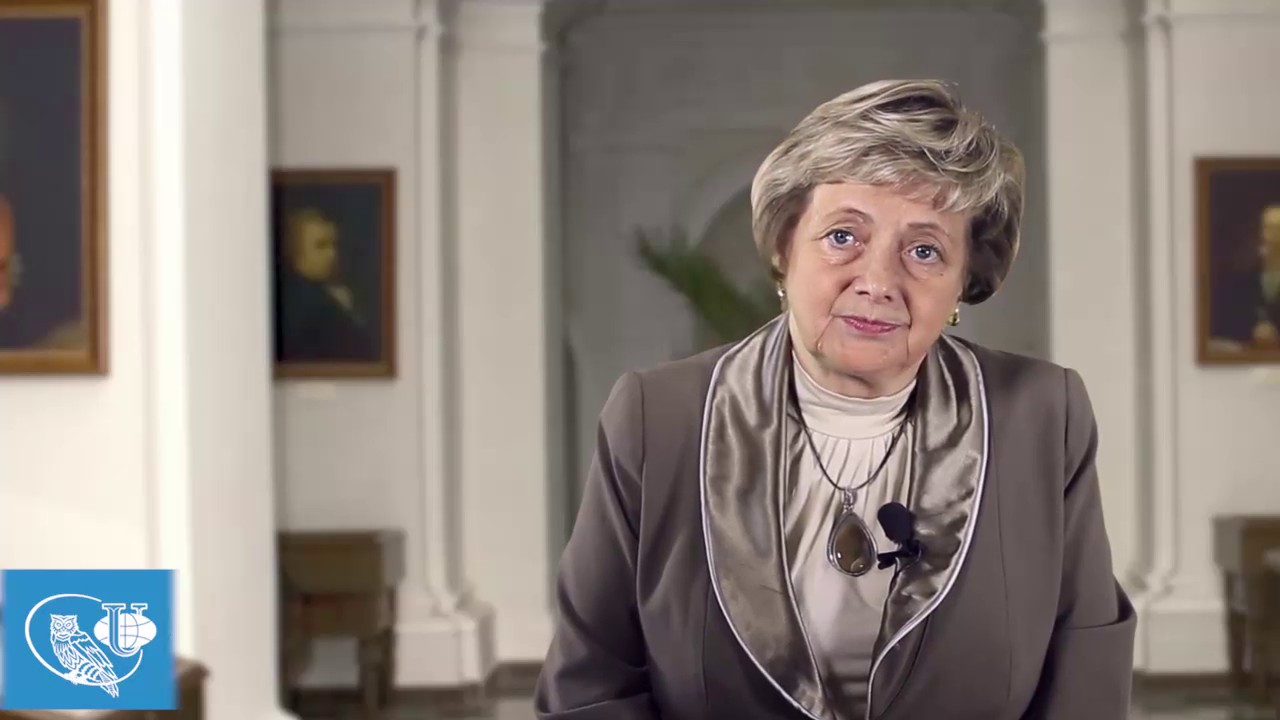
History of international relations and foreign policy of Russia
Subject Area: History
Number of lecture modules: 7
The history of international relations as an independent historical discipline studies the complex of problems, the foreign policy of the Russian state at different stages of its development, the essence of our country's relations with the great European and world powers, genesis, evolution of the system of international relations and Russian foreign policy. The material focuses on the consistency in the history of international relations and the evolution of the system of international relations.
Author: Marina Shpakovskaya - Doctor of Historical Sciences, Professor at the Department of Theory and History of International Relations of RUDN.
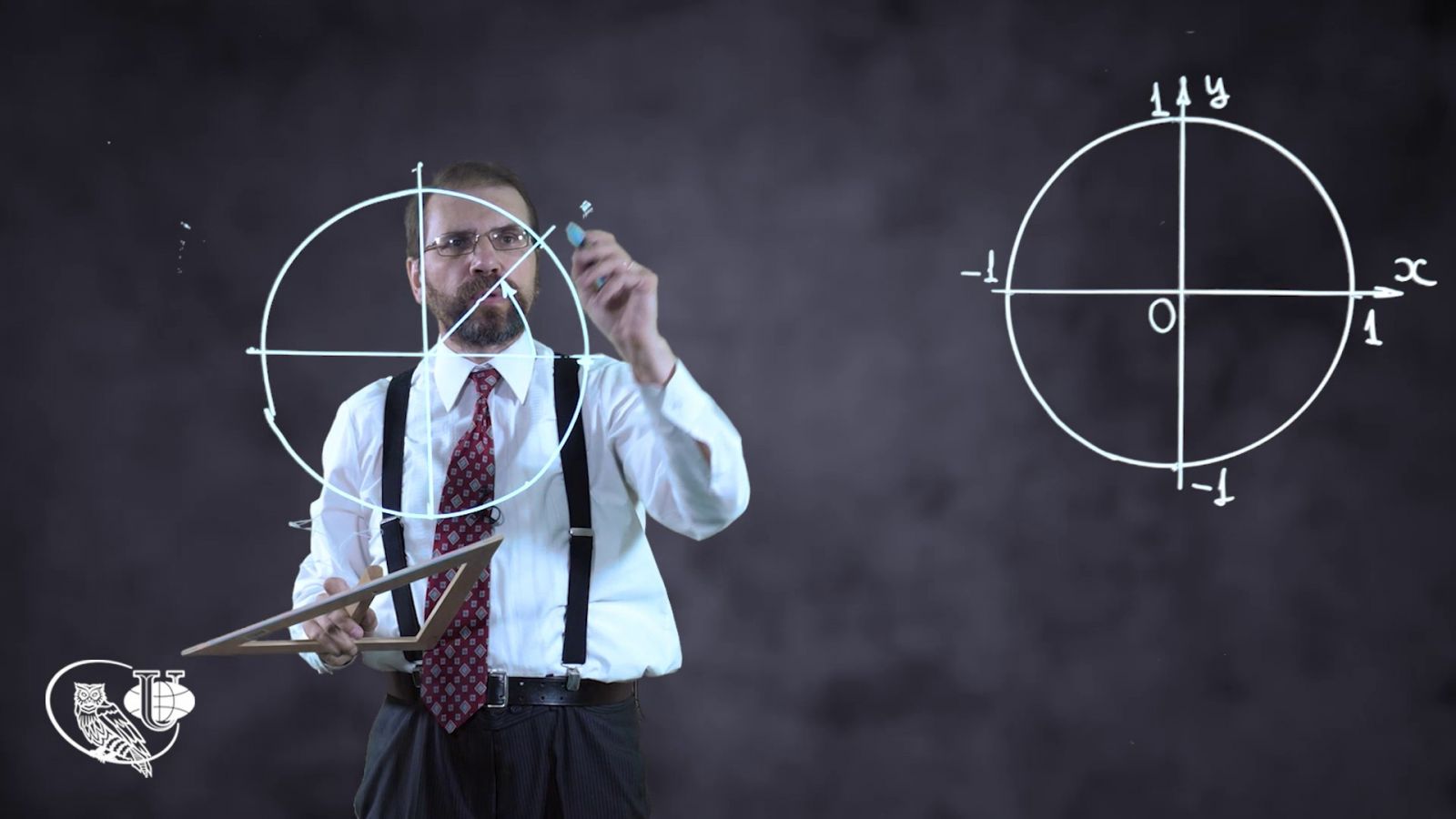
Solution of problems of different levels in trigonometry
Subject area: Mathematics
Number of lecture modules: 15
The course introduces students to the basics of trigonometry. You will learn how to solve practical problems of varying degrees of complexity. Do you want to be very prolific in this section of mathematics and remember everything that you forgot (or study the material from the very beginning)? This course will help you in this dream. It examines many interesting problems and presents an original approach to solving them.
Author: Fedor Rekach - Associate Professor of the Department of Architecture and Construction of RUDN University
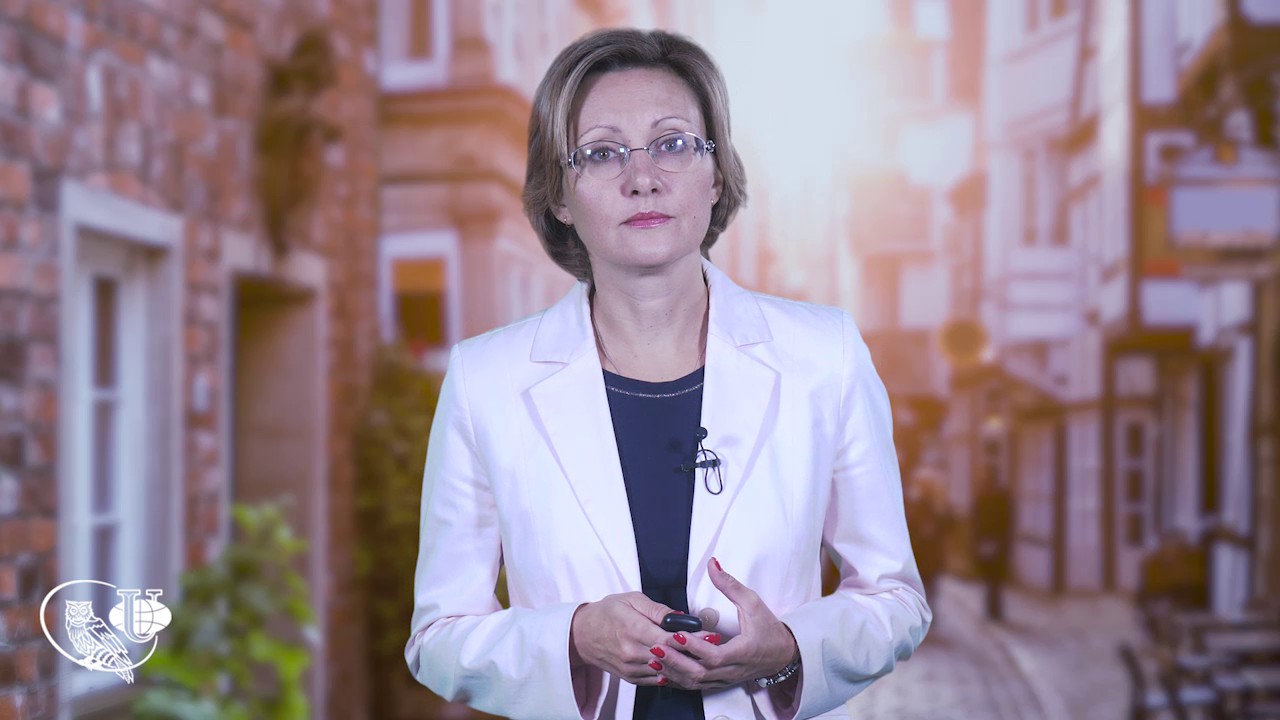
Russian and French history: history of relations and diplomacy
Course language: French
Subject area: history
Number of lecture modules: 10
The course makes clear the complexity and diversity of the foreign policy of Russia and Western Europe through the prism of diplomatic, cultural and other contacts between Russia and France. As part of the study of the material, students become familiar with the process of development of relations between Russia and France in the XVIII-XXI centuries, the main facts, events, and phenomena in the history of Russian-French diplomatic and cultural contacts.
Author: Elena Linkova – PhD (History), Associate Professor of the Department of Russian History, Faculty of Humanities and Social Sciences of RUDN University
In honor of the 65th anniversary of the Peoples' Friendship University of Russia named after Patrice Lumumba, the Digital Pre-University Faculty gives a unique opportunity to RUDN foreign alumni to communicate in Russian and their family members to study Russian together with the best professors of RUDN.
The new list of federal innovation platforms (FIP) of the Russian Federation includes 30 new organisations. Among them is Peoples' Friendship University of Russia named after Patrice Lumumba. This became possible thanks to the development of the Digital Pre-University Faculty of RUDN.
December 15, Minsk hosted the IX International Student Olympiad in Human Anatomy. It was attended by 9 teams from Russia and Belarus. Students of RUDN took two 3rd places in the theoretical and practical rounds.
